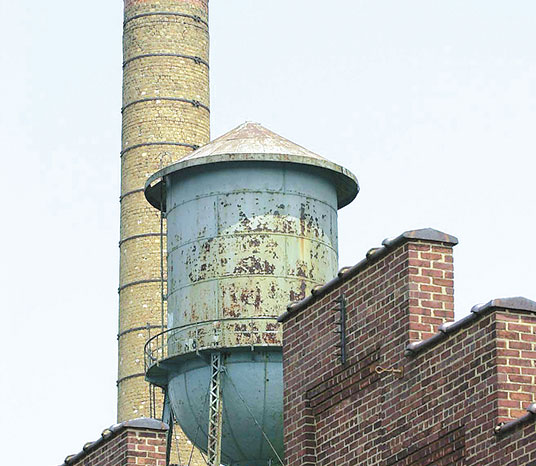MILLTOWN — Two incumbents will remain on the Borough Council dais for three more years.
Democrats Randy Farkas, who will serve his fourth term, recorded the most votes with 1,758 in the election on Nov. 6, and Nick Ligotti, who will serve his second term, received 1,755 votes, according to information provided by Middlesex County as of Nov. 8. Republican newcomers Donald R. Hohner and Richard Moore, registered 1,349 votes and 1,250 votes, respectively, in their losing bids for a council seat.
The county was still counting provisional ballots and mail in votes as of press time.
“Councilman Farkas and I would like to thank all the residents for their support,” Ligotti said. “It was a show of confidence for our accomplishments over the last three years being the voice of Milltown while facing road blocks every step of the way.”
Ligotti said the water increase is a hot topic in Milltown.
“In my request before others voted ‘yes’ to increase the cost of water 30 percent and the minimum charge, I would like to find some way to reduce the minimum charge and also reduce the 30 percent increase after the borough recoups the shortfall it had in 2018.”
Ligotti added the continued safety of the borough is something that he and the police department, fire department and rescue squad will always place the highest priority on for the residents of Milltown.
Farkas said he would like to thank the voters in Milltown for having the faith for he and Ligotti to continue their mission of bringing transparency, honesty and accountability back local government.
“The vote totals are clearly a referendum by the residents of our borough that they don’t like the path the borough has been taken down and want change,” he said. “Councilman Ligotti and I, along with Councilwoman [Trina] Mehr, are prepared to change the current culture of agenda-driven politics that has been pervasive in our local government the past three years.”
Farkas said he will continue to work on improving the borough’s infrastructure, taking a common sense approach to the financial considerations that go along with infrastructure projects, including the brown water issues and failing sanitary sewer mains.

